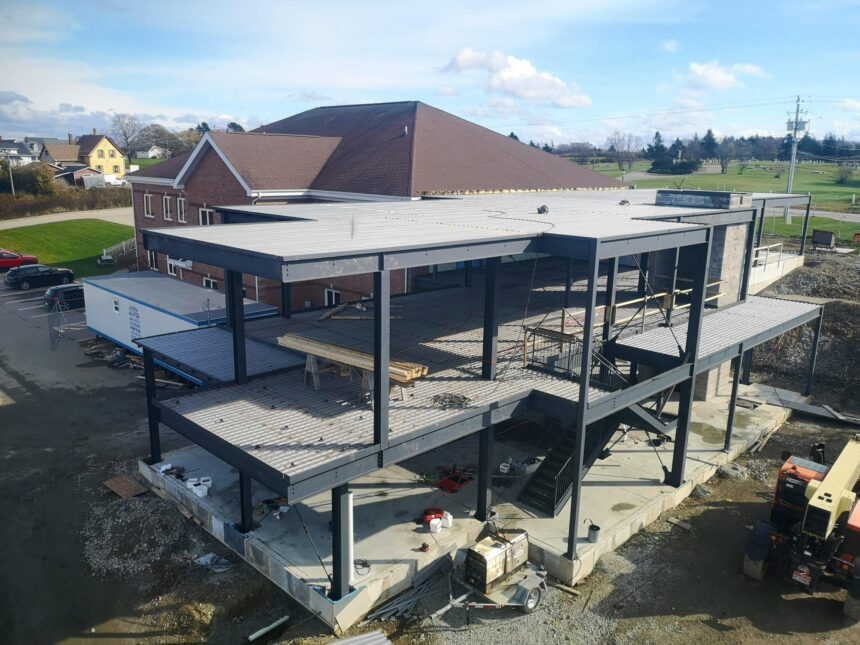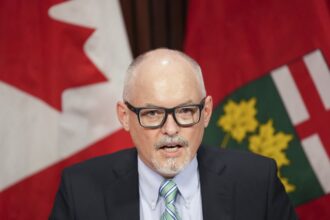In a significant move to address healthcare accessibility challenges, Nova Scotia has unveiled plans for three new health homes in the Halifax Regional Municipality, marking a critical expansion of the province’s collaborative care model. The announcement, made by Premier Tim Houston and Health Minister Michelle Thompson on Monday, represents a substantial investment in community-based healthcare delivery that aims to connect thousands of residents with comprehensive medical services.
“These new health homes represent our commitment to ensuring Nova Scotians receive timely care from the right healthcare provider,” Premier Houston stated during the announcement at the Mumford Professional Centre. “We’re reimagining how healthcare is delivered in our communities.”
The three new facilities will be strategically located in Spryfield, Mumford, and Bedford, with the Spryfield location scheduled to open first in fall 2024. The Mumford and Bedford locations are expected to follow in early 2025. Each health home will feature an extensive team of healthcare professionals, including family doctors, nurse practitioners, family practice nurses, social workers, dietitians, and mental health clinicians working in collaborative teams.
This expansion builds upon the province’s existing network of collaborative health centers, which have demonstrated success in providing integrated care. According to Health Department officials, the three new facilities will collectively serve approximately 35,000 Nova Scotians once fully operational, including nearly 25,000 individuals currently without a primary care provider.
Health Minister Thompson emphasized the significance of this approach: “By bringing together diverse healthcare professionals under one roof, we’re creating environments where patients can access comprehensive care that addresses not just physical health, but mental and social wellbeing as well.”
The province has committed approximately $12 million annually to operate these new health homes, with additional one-time costs of about $6 million for renovations and equipment. This investment reflects the government’s response to concerning statistics that currently show over 150,000 Nova Scotians—roughly 15% of the population—lacking access to a family doctor or primary care provider.
Dr. Maria Wilson, a family physician who will join the Spryfield health home, expressed optimism about the model: “Working in a collaborative team allows us to provide more comprehensive care. Patients benefit from multiple perspectives and expertise, and healthcare providers can focus on their specialized areas while knowing patients’ overall needs are being addressed.”
The health homes will operate with extended hours, including evenings and weekends, to accommodate diverse work schedules and urgent care needs. This accessibility represents a significant improvement for communities that have struggled with limited healthcare options.
Community response has been largely positive, with patient advocacy groups highlighting the potential impact on underserved populations. Sarah Mitchell, representing the Nova Scotia Health Coalition, noted: “These health homes could make a real difference for thousands of families who have been navigating a fragmented system or going without care entirely.”
The initiative aligns with broader healthcare reform efforts across Canada as provinces grapple with physician shortages and growing demands on emergency departments. Nova Scotia’s approach emphasizes preventative care and comprehensive management of chronic conditions through team-based interventions.
As Nova Scotia continues to implement its healthcare strategy, questions remain about how quickly these new facilities can scale to meet demand and whether the collaborative care model can be effectively expanded to rural communities facing even greater accessibility challenges. Will this investment in community-based care provide the foundation needed for a more sustainable and responsive healthcare system across the province?










